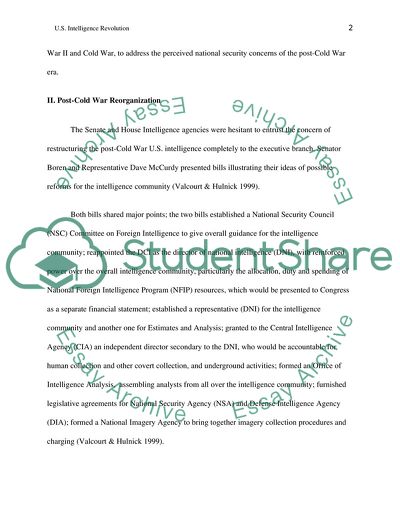Cite this document
(Intelligence in Promoting Economic Interests Term Paper, n.d.)
Intelligence in Promoting Economic Interests Term Paper. Retrieved from https://studentshare.org/politics/1723613-us-intelligence-revolution
Intelligence in Promoting Economic Interests Term Paper. Retrieved from https://studentshare.org/politics/1723613-us-intelligence-revolution
(Intelligence in Promoting Economic Interests Term Paper)
Intelligence in Promoting Economic Interests Term Paper. https://studentshare.org/politics/1723613-us-intelligence-revolution.
Intelligence in Promoting Economic Interests Term Paper. https://studentshare.org/politics/1723613-us-intelligence-revolution.
“Intelligence in Promoting Economic Interests Term Paper”, n.d. https://studentshare.org/politics/1723613-us-intelligence-revolution.


